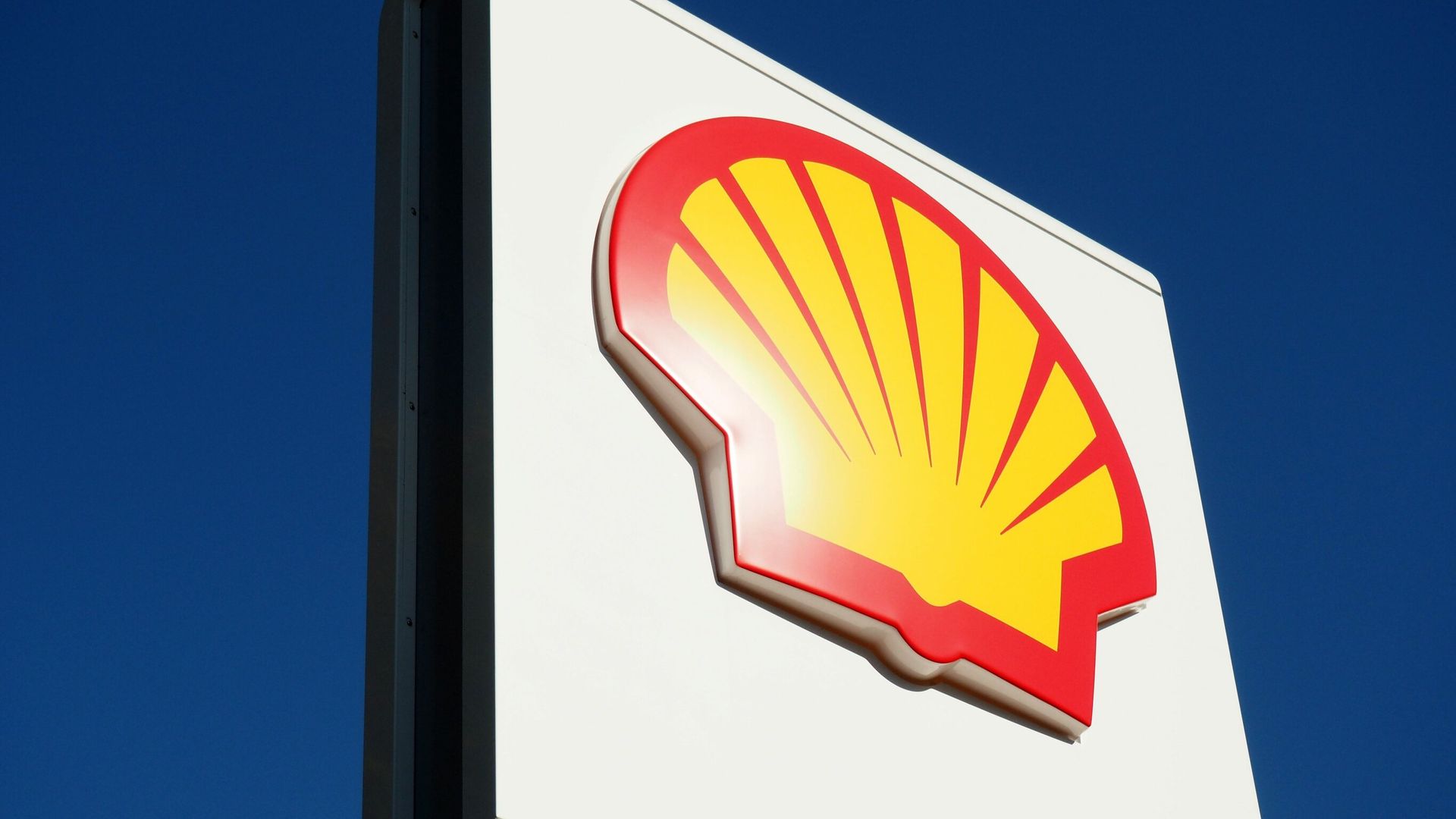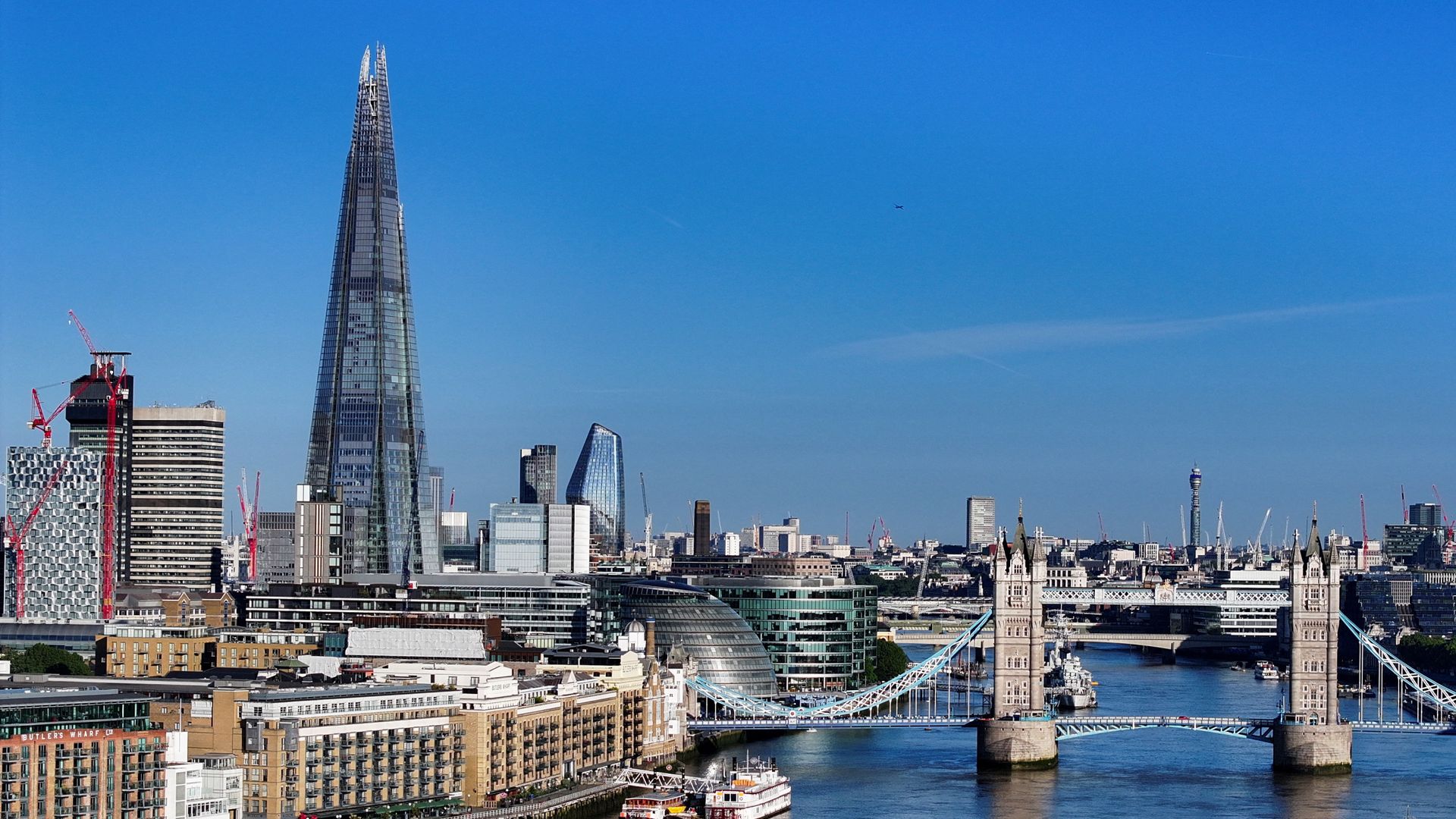
Venezuela’s autocratic president, Nicolás Maduro, has crushed the opposition, jailed judges and politicians, and even arrested American citizens to use as leverage in international negotiations.
Now, he is going after a profession that has not typically been considered risky in Venezuela: economists.
Experts say the government is seeking to control the narrative around Venezuela’s deepening financial crisis by targeting independent experts sharing data about the country’s cratering economy.
Roughly two dozen economists and others involved in publishing financial data have been detained in the past two months, according to a human rights group and the Venezuelan government.
“It’s essentially a shoot-the-messenger policy,” said Phil Gunson, an analyst with the International Crisis Group who has lived in Venezuela for more than two decades.
The Central Bank of Venezuela for years has not released reliable data on key indicators like inflation, leaving economists to fill the gaps with independent estimates.
“It’s kind of like the Tinkerbell theory of economics,” he added, referring to Mr. Maduro’s effort to squelch any bad economic news. “If you believe in her, then her light continues to shine.”

The government’s campaign has rattled economists and others behind financial information websites. Even those who live abroad are afraid to speak publicly, fearing reprisals against their families or employees.
Among the economists who have been detained is a former finance minister and economics professor, Rodrigo Cabezas, 69, who once served in the governing party but later distanced himself and criticized Mr. Maduro’s economic policies.
Mr. Cabezas’s daughter Rodna Cabezas said in an interview that on June 3, officials from the state energy company arrived at their home in Maracaibo, in northwestern Venezuela, claiming there was a problem with the electricity. They asked her father to accompany them to resolve it.
But then she said her father called her, saying that it had been a trap and that intelligence agents were detaining him. His family has not heard from him since, nor received any information from the government.
“We don’t know where they took him,” Ms. Cabezas said.
The family has hired a lawyer who has also been unable to contact him. Her father needs daily medication for high blood pressure, she said.
“It’s very hard,” she said. “I don’t have tears anymore from crying so much. It’s like a permanent knife in my heart.”

Venezuela’s economy imploded a decade ago, driven by government mismanagement and exacerbated by U.S. sanctions.
As hyperinflation surged to 300,000 percent and the local currency, the bolívar, rapidly lost value, Venezuelans began keeping their savings in U.S. dollars.
The Central Bank of Venezuela sets an official exchange rate for the bolívar, but most people rely on an unofficial rate called the parallel dollar, published by websites like Monitor Dólar, that reflects what dollars actually sell for on the street.
The official rate has often made the bolívar seem slightly stronger than it really is, creating a more favorable picture of the economy. But inflation is surging, analysts say, causing the bolívar to lose value and leaving Venezuelans who are paid in the local currency struggling to exchange it for dollars.
“The dollar-bolívar exchange rate is one of the key variables that the government is trying to keep a handle on,” Mr. Gunson said.
He said the government believes it can stop the bolívar from losing value by silencing people like economists who report on the unofficial exchange rate. (And precise inflation figures are no longer available because the government does not publish such data and has gone after independent economists who do.)
Other countries in the region like Argentina have been accused of manipulating economic data in times of crisis.
Experts say the crackdown in Venezuela on economists and independent financial groups reflects a broader strategy by the Maduro government to suppress data and silence dissent in order to manage public perception.

The Venezuelan government has not released official statistics on epidemiology since 2016, and has kept data on rising child deaths from hunger a closely guarded secret.
Under President Joseph R. Biden Jr., the United States relaxed oil sanctions that helped decimate the country’s finances in the hopes of prodding the government into holding free and fair elections.
As inflation eased, everyday products became easily available and more affordable, and poverty started decreasing.
But last year, Mr. Maduro declared victory in an election widely seen by many governments, including the United States, as fraudulent.
President Trump has since imposed renewed sanctions and revoked a key license for Chevron to operate in Venezuela, whose economy is heavily dependent on oil. The country’s economic tailspin has left many Venezuelans weary and with little faith that the government can find a solution, analysts said.
According to the human rights group Provea, at least five economists were arrested from May 29 to June 5. Some were released, but two, including Mr. Cabezas, remain missing, with no information provided on their whereabouts or the charges they face.
At least 20 people linked to Monitor Dólar were detained for reporting on the parallel dollar, according to Mr. Maduro’s top deputy and interior minister, Diosdado Cabello.
Mr. Cabello, on his weekly television program, denounced economists “who are saying the bolívar is worthless — these people are playing with fire.”
The authorities, he added, were pursuing “disguised consultants” who were fueling financial instability.

But the Venezuelan Finance Observatory, an independent group that publishes data on the country’s economy, said that “it is not a crime to compile and disclose price figures.”
Financial websites like Monitar Dólar and the cryptocurrency platform El Dorado — where people buy cryptocurrency using bolívars to exchange for dollars — have shut down in response to government pressure.
“I take responsibility for any negative impact generated by the app,” a founder of El Dorado, Guillermo Goncalvez, said in a video.
The plight of Mr. Cabezas and the other missing economist is a familiar story to human rights activists.
In recent years, it has become common for Venezuelan authorities to detain people and hold them indefinitely at undisclosed locations with no contact allowed with family members or lawyers.
“Nowadays, nothing surprises us,” Mr. Gunson said. “There now appear to be no rules. The law, the Constitution, nothing counts anymore.”









-3.png)



